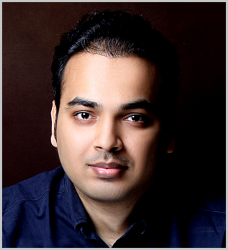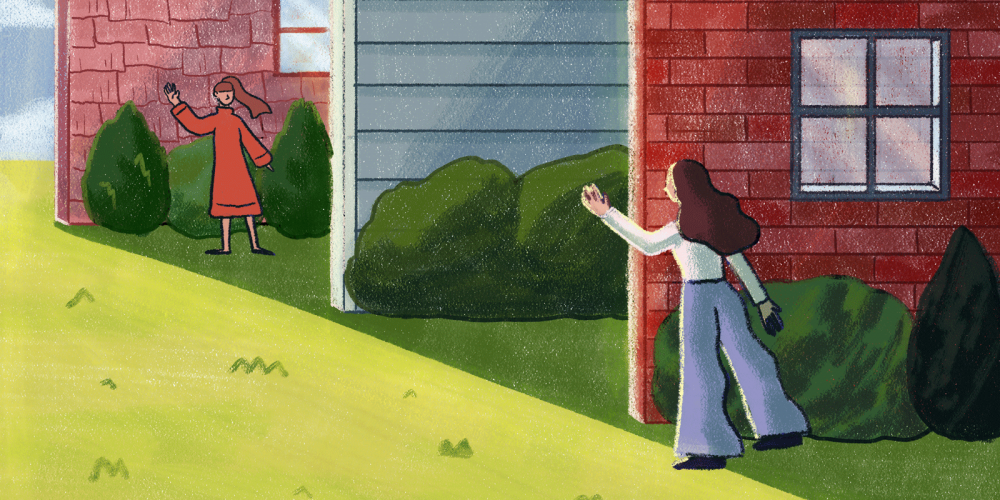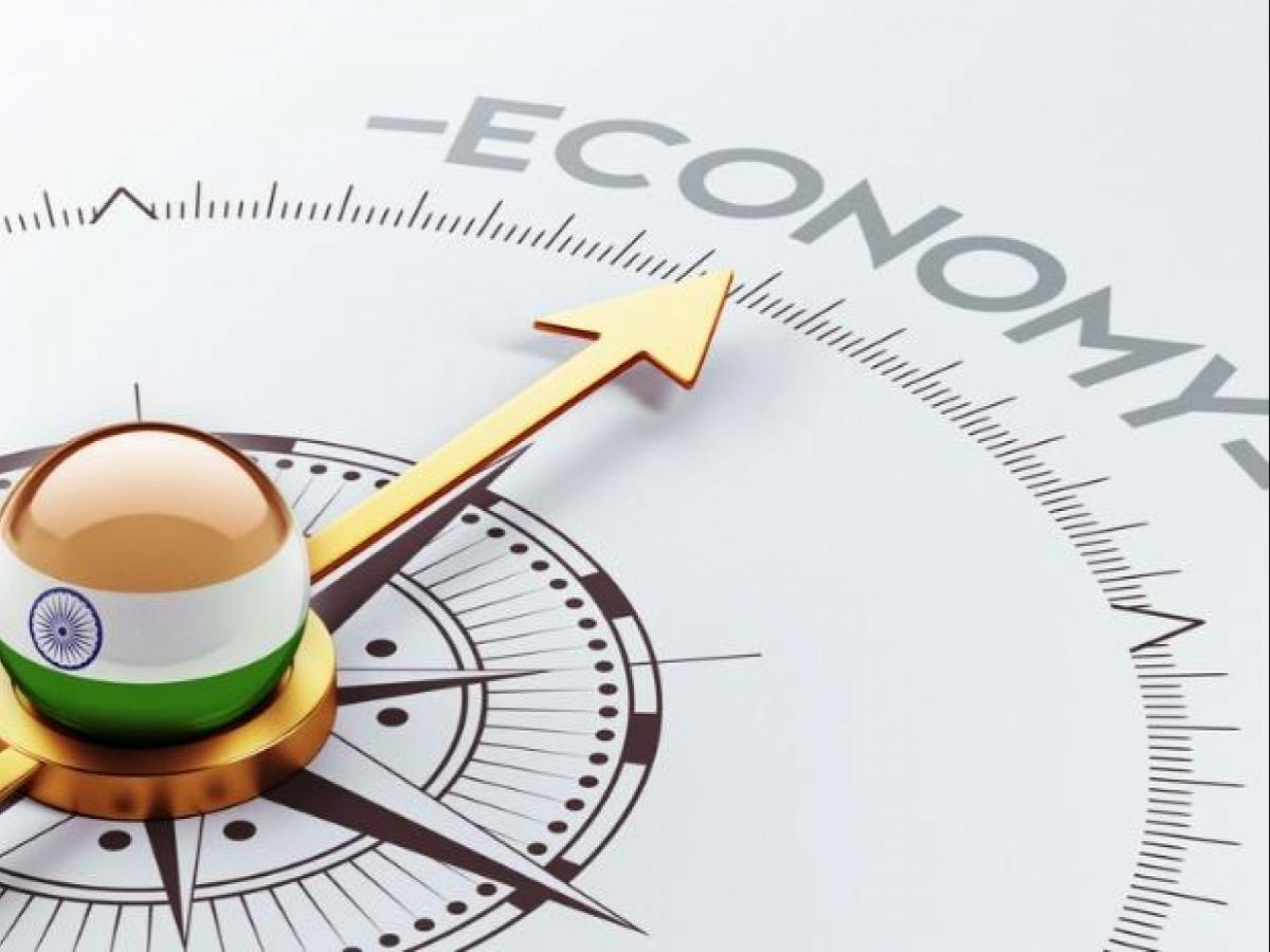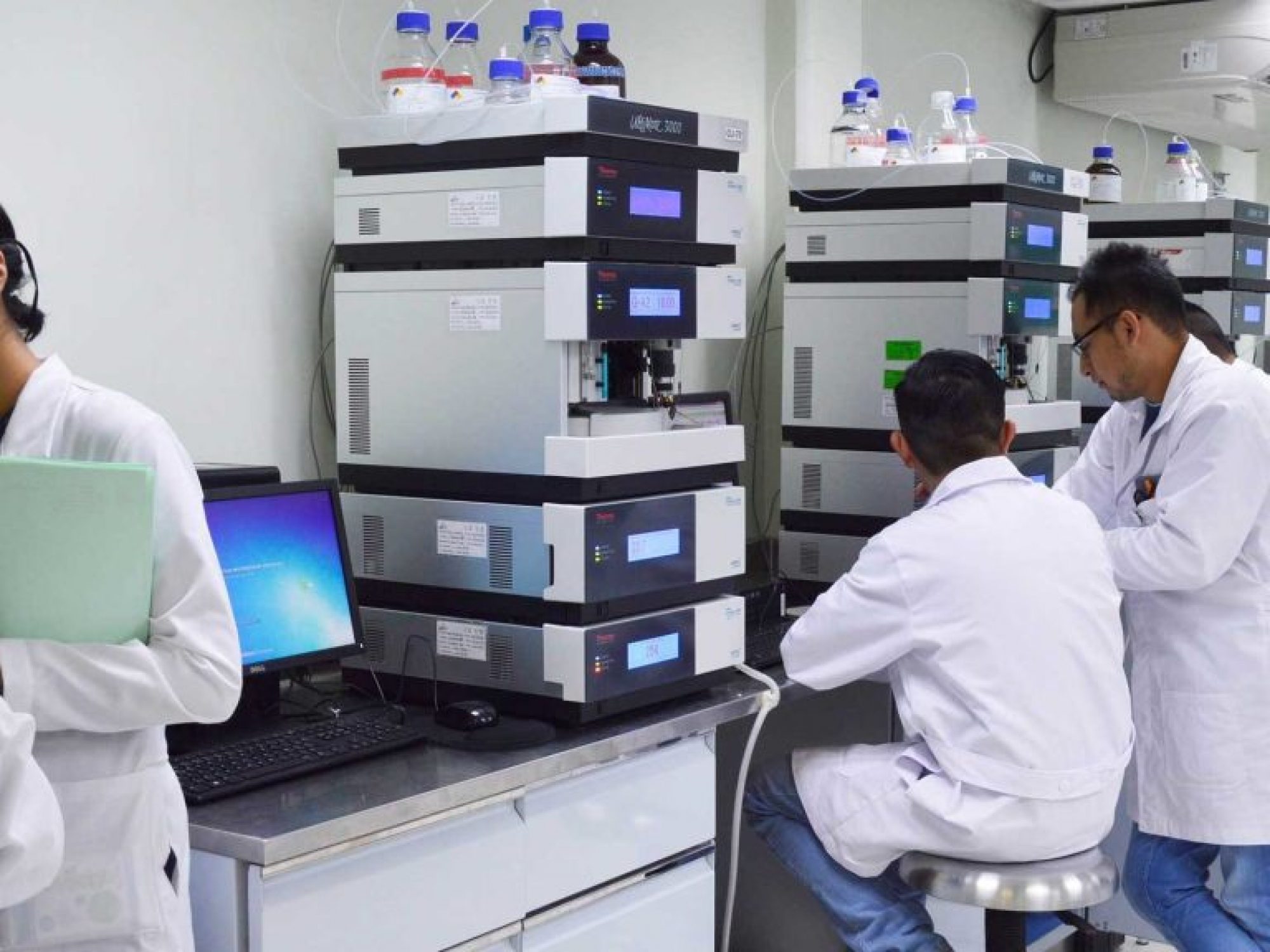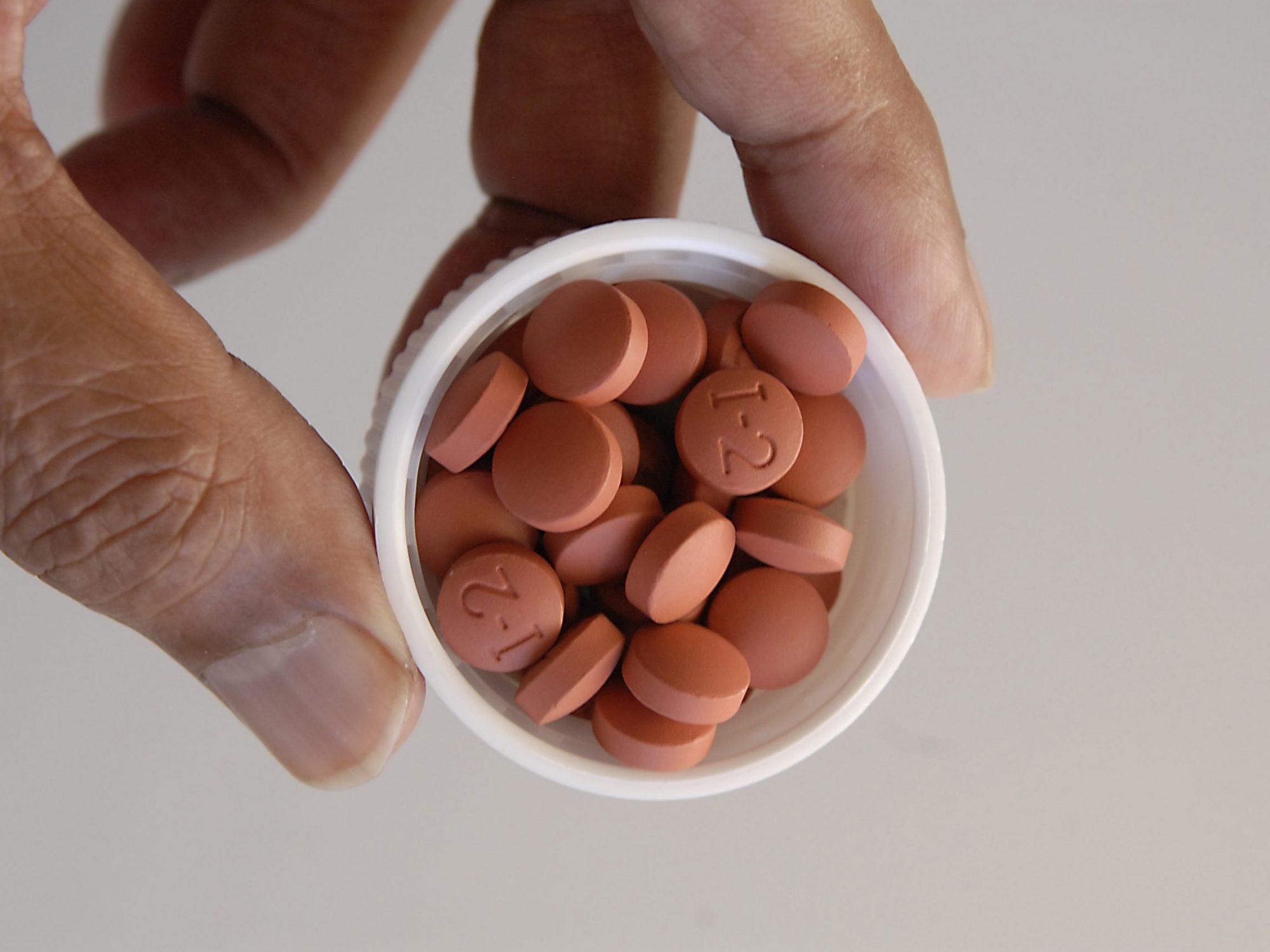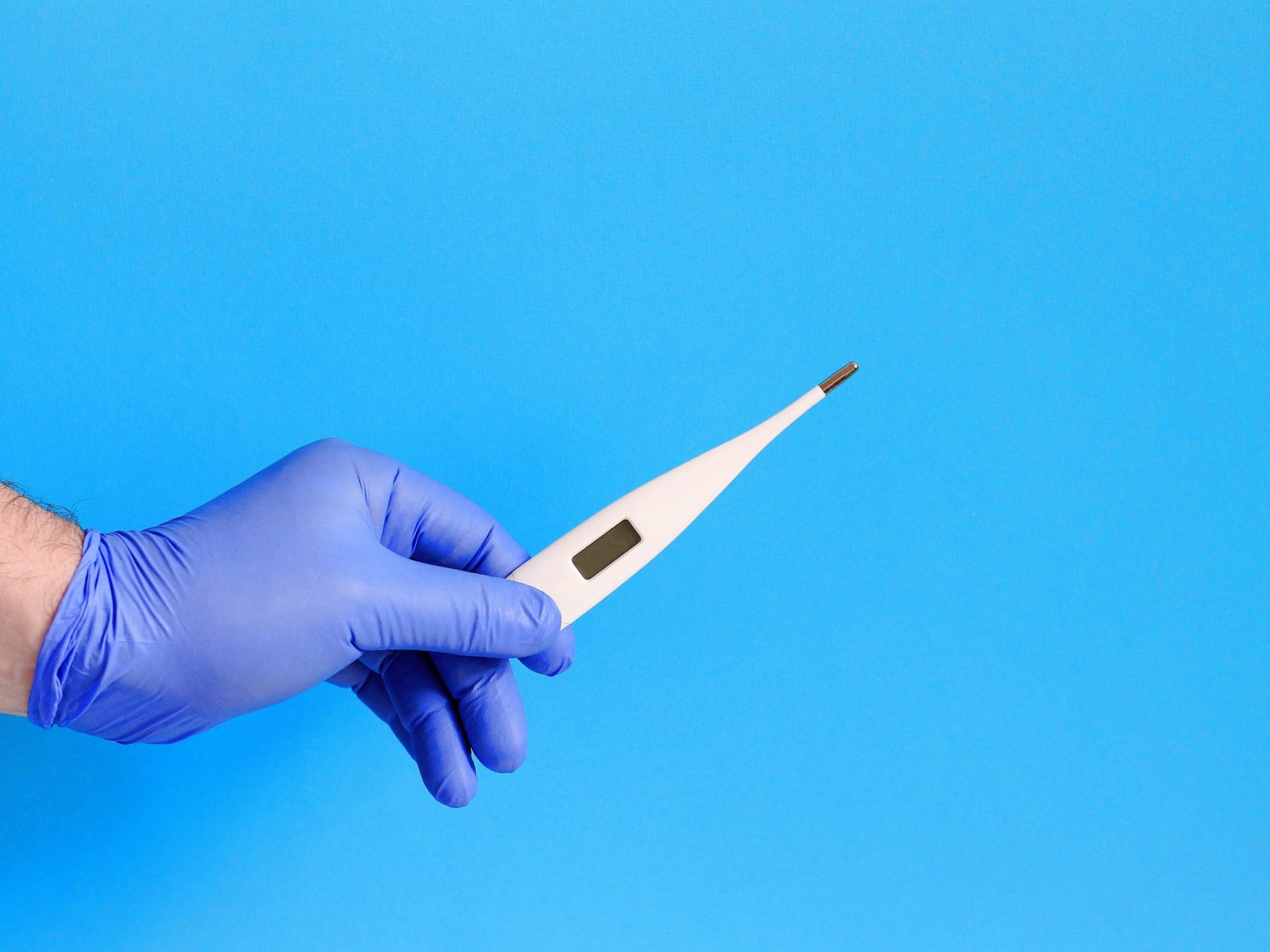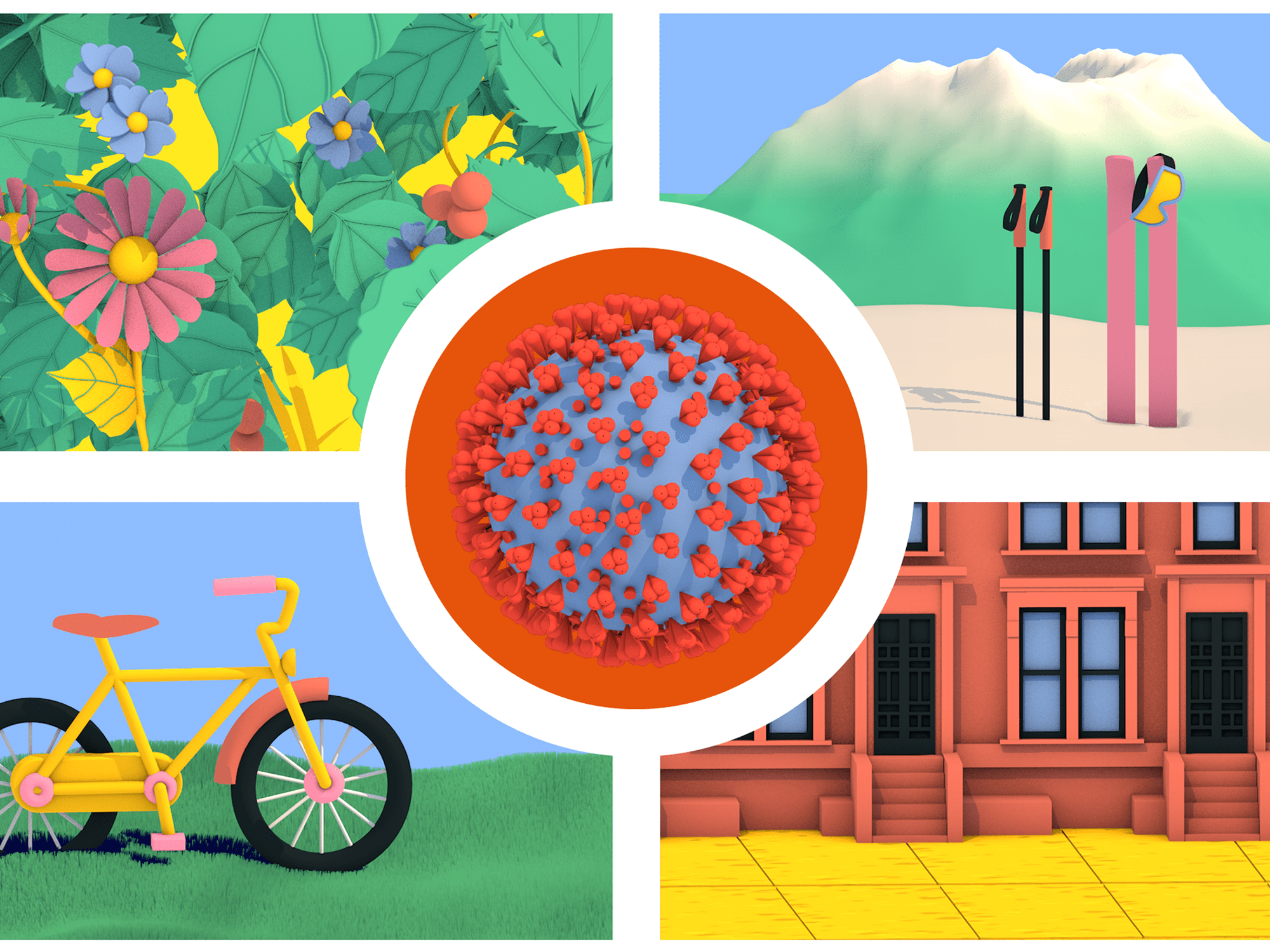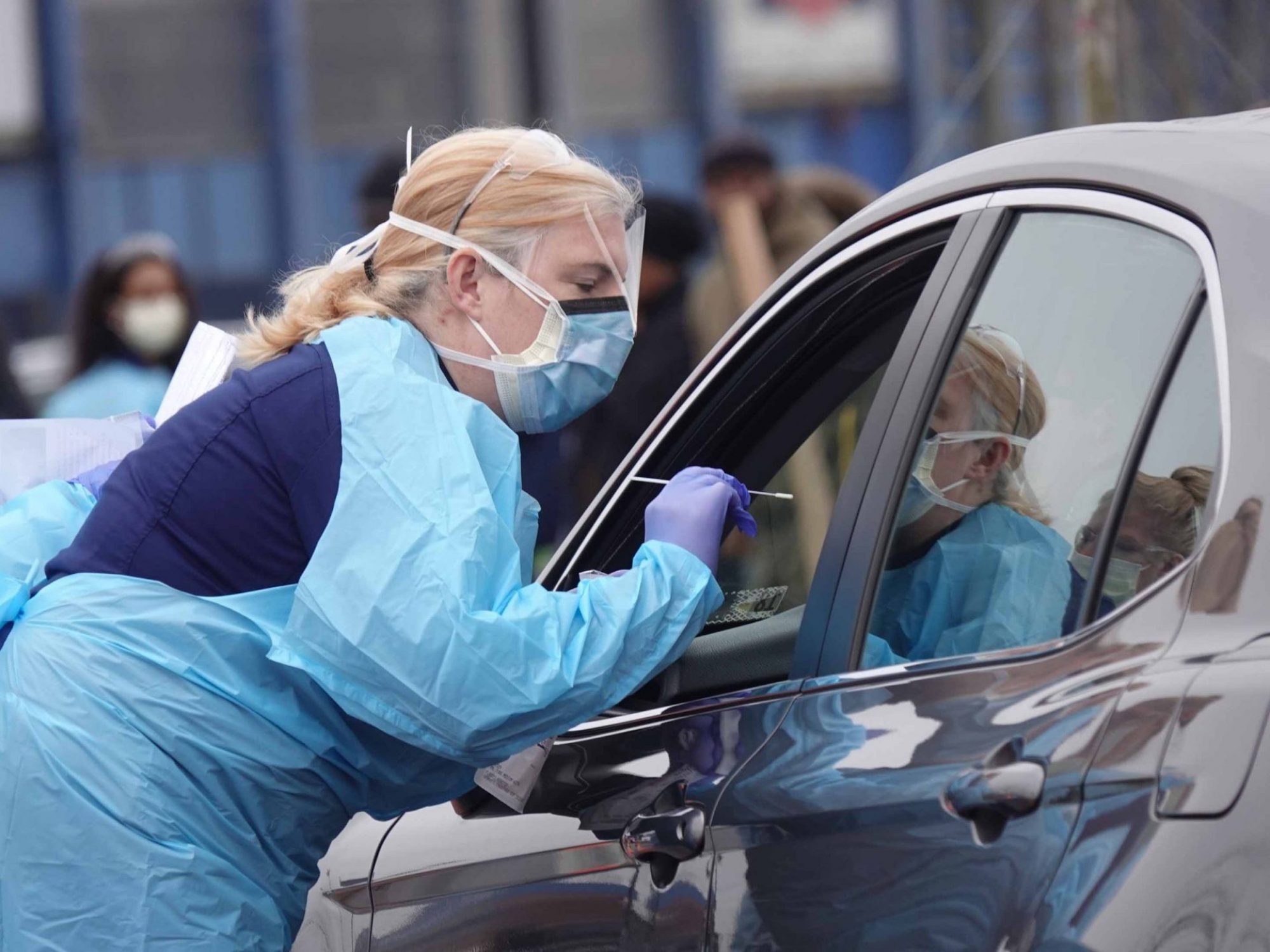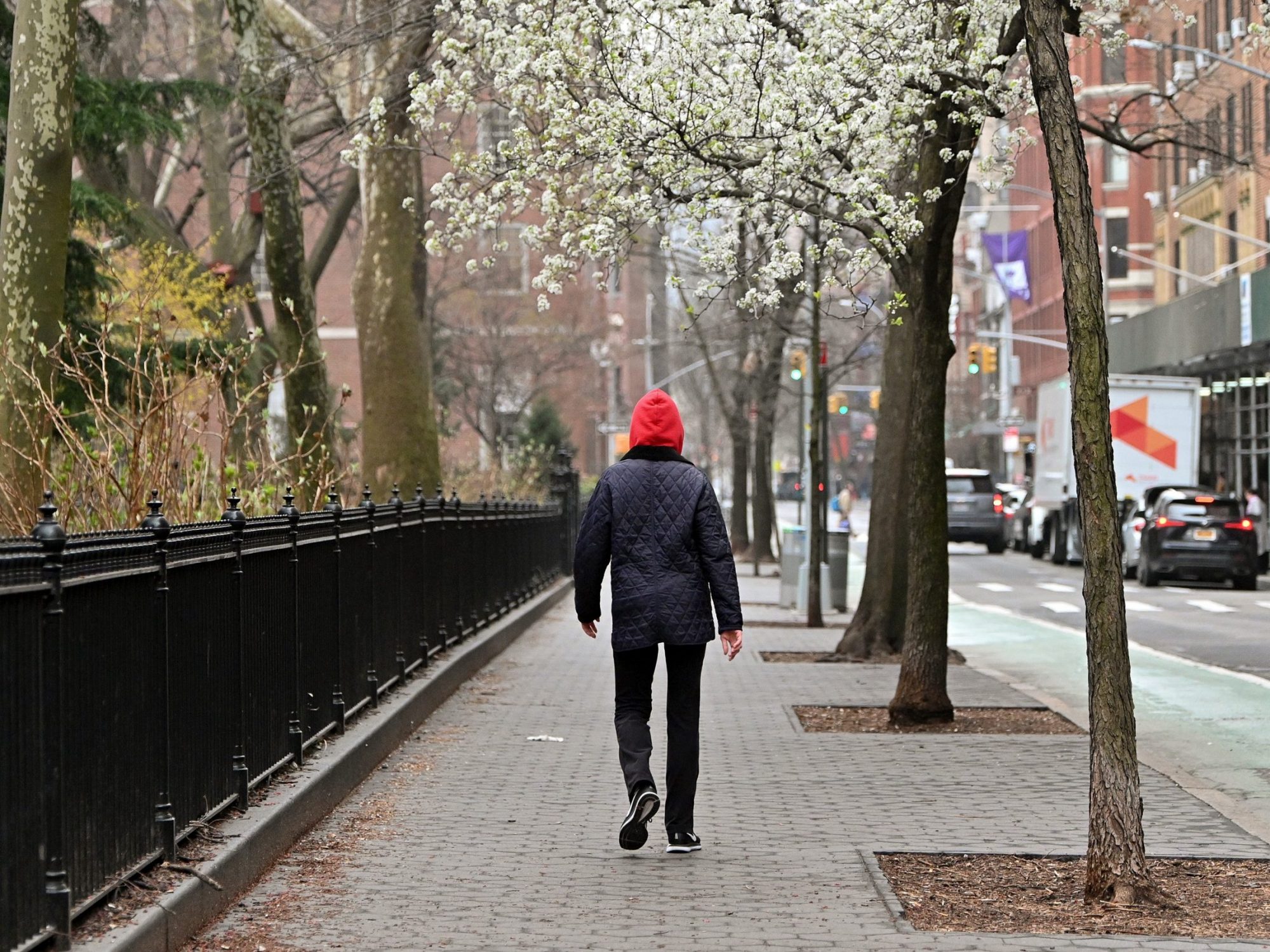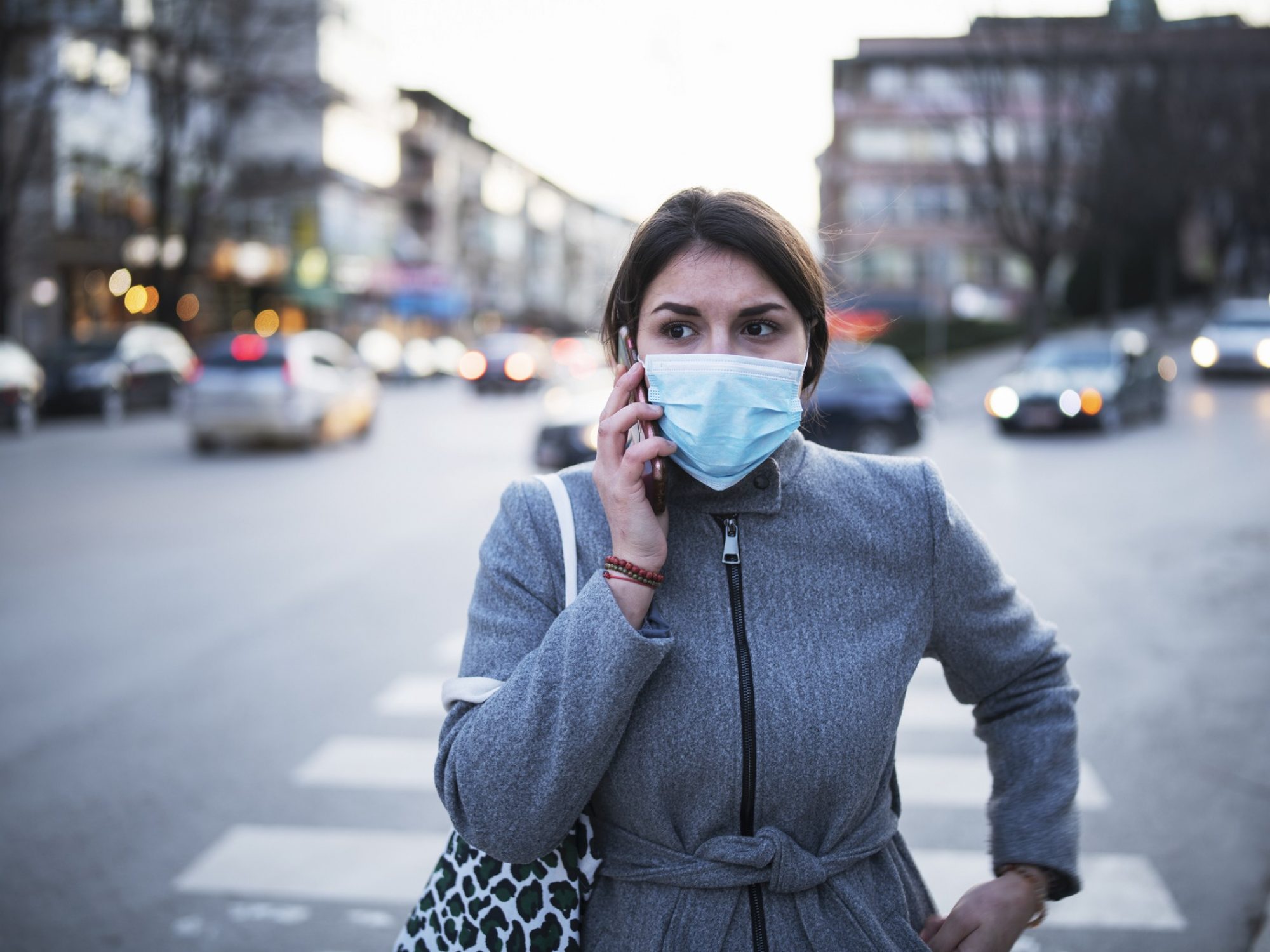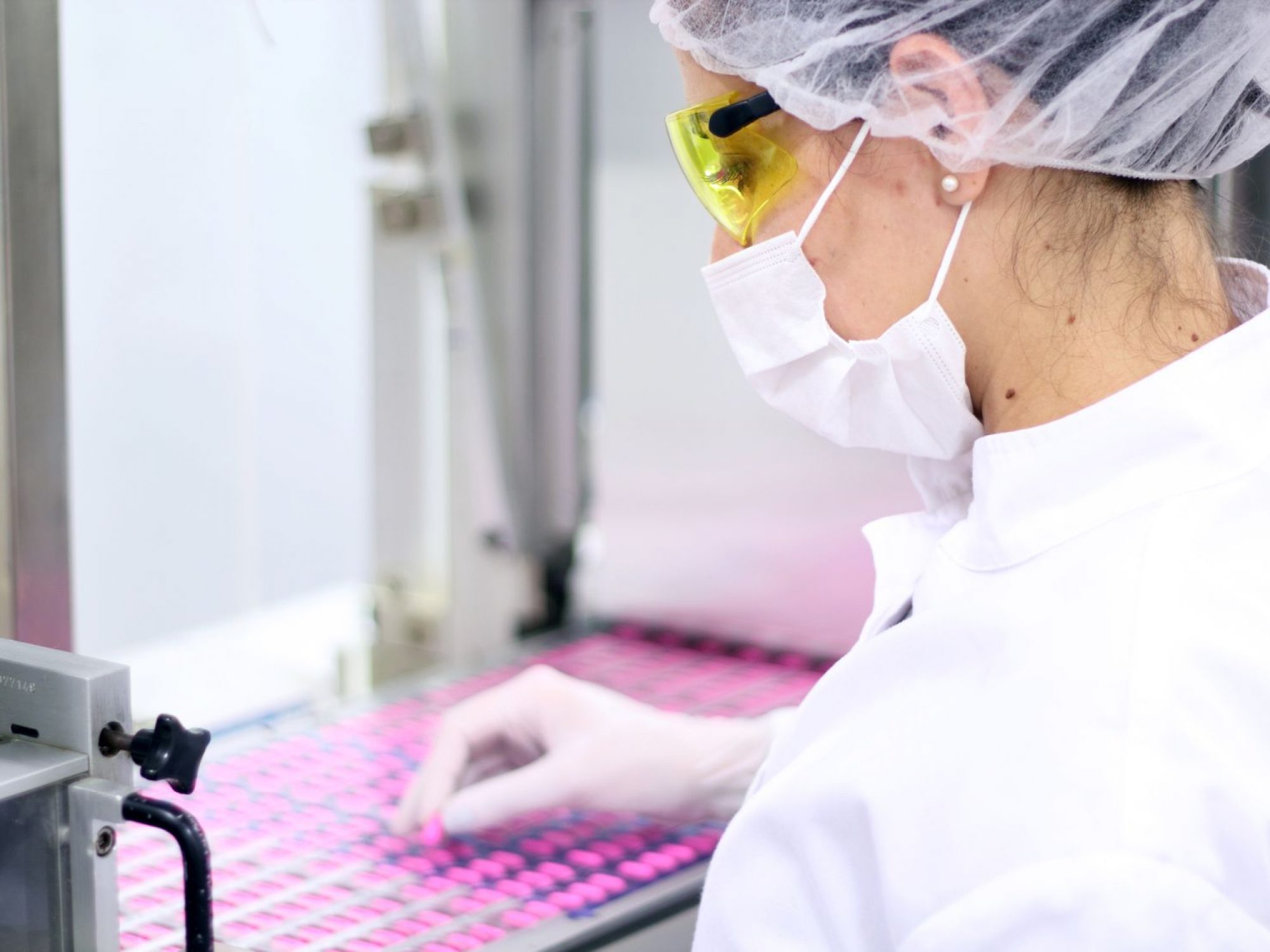‘We’re all sharing this experience, and that shared experience is a vast conduit to kindness and to altruism’
The world is a frightening, uncertain place right now. But like Mr. Rogers said, when scary things happen, “Look for the helpers. You will always find people who are helping.” In our current reality, helping looks different than it normally does. Instead of giving a friend a hug, bringing a neighbor soup, or volunteering in the community, it means staying home in order to flatten the curve.
Stanford psychology professor Jamil Zaki, PhD, author of the book The War for Kindness: Building Empathy in a Fractured World, says that rather than making people act more selfishly, disasters bring out the altruistic urge in all of us. Elemental spoke with Zaki to understand how altruism is playing a role in the response to the coronavirus pandemic and find out how to strengthen feelings of empathy if you find yourself lagging.
This conversation has been lightly edited for length and clarity.
Elemental: Things like social distancing and shelter in place don’t work unless everyone does it for the greater good. What are some of the factors that play into the decision to stay home, especially if it’s not what someone wants to do?
Jamil Zaki: Something like social distancing — I prefer the term physical distancing — would be a collective action problem. It’s something where people have to work together and make sacrifices to assure a much more important, larger optimal outcome for a group.
I think a media narrative that we hear often is that disasters bring out the worst in people and create social disorder. Almost like our willingness to act kindly toward each other is really just a form of politeness, a tenuous act of restraint, because we’re penned in by social norms. But when those norms go away, we revert to super-selfish, almost violent animalistic urges to protect and get whatever we want.
It turns out that narrative is almost entirely backwards. During disasters, people are actually much kinder and more prosocial toward each other — not even kinder than they are cruel, but kinder than they are typically. Why is that? Disasters affect all of us. They give us a sense of shared fate. The coronavirus is a danger to all of us, and through that shared fate, that sense of shared outcome, we form a sense of shared identity. And shared identity in general predicts empathy and altruism. If I think I have something in common with you, I will be more inclined to act kindly toward you. Well, guess what, we now all have something in common. We’re all sharing this experience, and that shared experience is a vast conduit to kindness and altruism.
I think the length of this tragedy, the fact that we’re all stuck in this new normal together, gives us the opportunity to create shared bonds that could last for a really long time.
Does it matter if someone is at a greater risk for infection themselves or if a family member is, or are people across the board willing to pitch in even if they’re not super concerned about their own health?
There’s some evidence about this — which has yet to be vetted by peer review — but the preliminary findings are that, indeed, people who empathize with victims of the coronavirus or potential victims are more likely to practice social distancing. It’s also true that people who are themselves at some risk, especially older people, have an easier time empathizing with people who are at risk, and they tend to report greater empathy and greater intent to socially distance than younger individuals.
However, that same study also demonstrated that the exercise of taking the perspective of a 90-year-old person who’s really scared of developing symptoms of the coronavirus increased empathy and intent to socially distance across the board. This is what psychologists often call the “identifiable victim effect.”
The idea is that when we think of one person — especially someone we care about, but really just one person we can think about and imagine in their whole humanity, somebody whose face we can see, whose voice we can hear — that’s an easier, more natural trigger to empathy than a statistic. This is like the old Stalin quote, “One death is a tragedy. A million is a statistic.” We feel greater empathy and greater willingness to act altruistically in the face of a single person we can see than a group.
Can empathy or altruism run out? Will people reach the end of their rope in terms of helping and sharing after a month or two and be less likely to social distance?
I think people will be fed up with it. I think it’s going to be a hard policy to maintain. I don’t know whether that has to do only with the wearing away or erosion of empathy, though. I think there are lots of factors that can contribute to it.
I want to talk about the opposite intuition, actually. My book is all about the idea that empathy is a skill, one we can learn through practice. And I think that is a really interesting part about this moment. As I was talking about earlier, disasters tend to broadly increase kindness and empathy, but they’re short—they only last a moment. And our recognition of shared humanity is also short, because as the disaster fades, the lines that divide us slowly reappear, and we fall back into our old identities. I think the length, the sheer duration of this tragedy, the fact that we’re all stuck in this new normal together, gives us the opportunity to create shared bonds that could last for a really long time.
That was my next question for you, actually. Could this persist? Will we lose this altruistic attitude, or is there a way to hold onto it? And would that happen naturally, or would you have to exercise that?
The literature on post-traumatic growth and on empathy as a skill both suggest that going through serious adversity can increase an individual’s empathy and prosocial behavior even years afterward. What are the levers or particular strategies that we should employ to make sure that happens? There is almost too much to say. We’re living in an experiment. There’s no neat answer to this question, because, at least in our lifetime, we haven’t gone through collective adversity of this sort at this magnitude.
In a Wall Street Journal essay you wrote last month, you talk about how altruism is not a zero-sum game and can actually make the person giving or volunteering healthier. How does that work? Why is it beneficial for everyone to keep the greater good in mind?
People thrive when they feel as though they’re a part of something bigger than themselves. Loneliness is one of the most damaging psychological and health experiences you can have, and I think we’re in an interesting paradox here, because physical isolation is an act of solidarity in this moment. But by acting kindly in this moment, including through social distancing, we can tap into that sense of being part of a collective, which is so important in a stressful moment like this. Also, when we act kindly, we often can discover a sense of control in ourselves. We realize, “Hey, if I have the resources to help somebody else, then I must be doing okay myself.”
